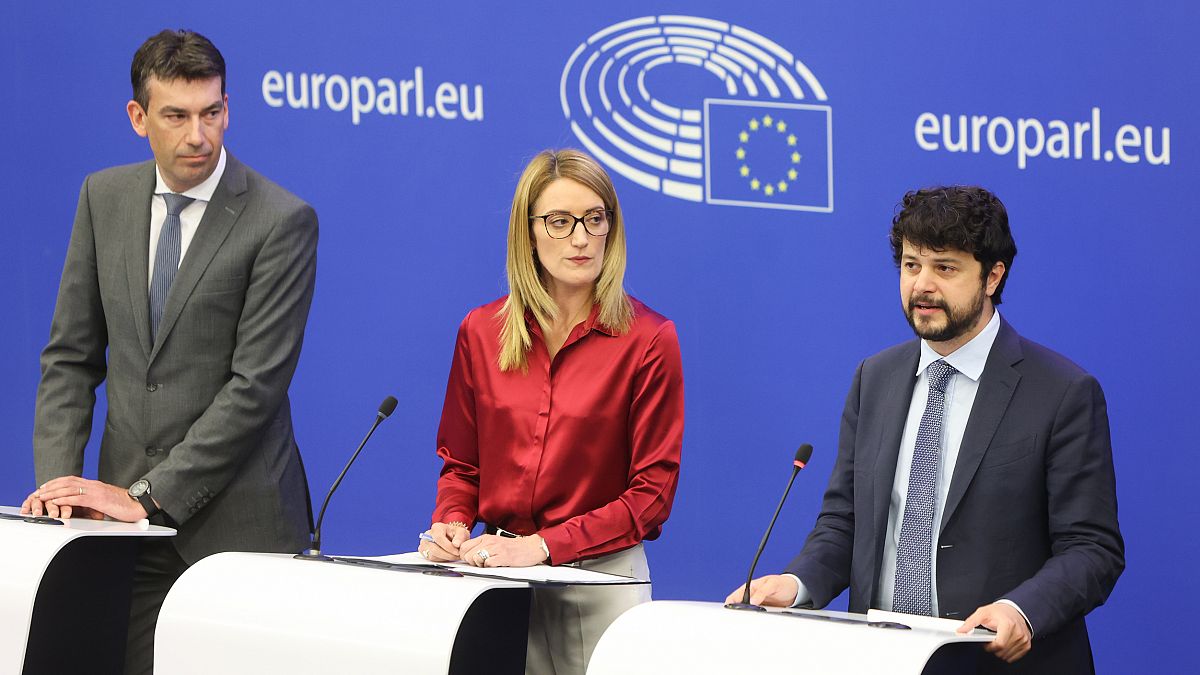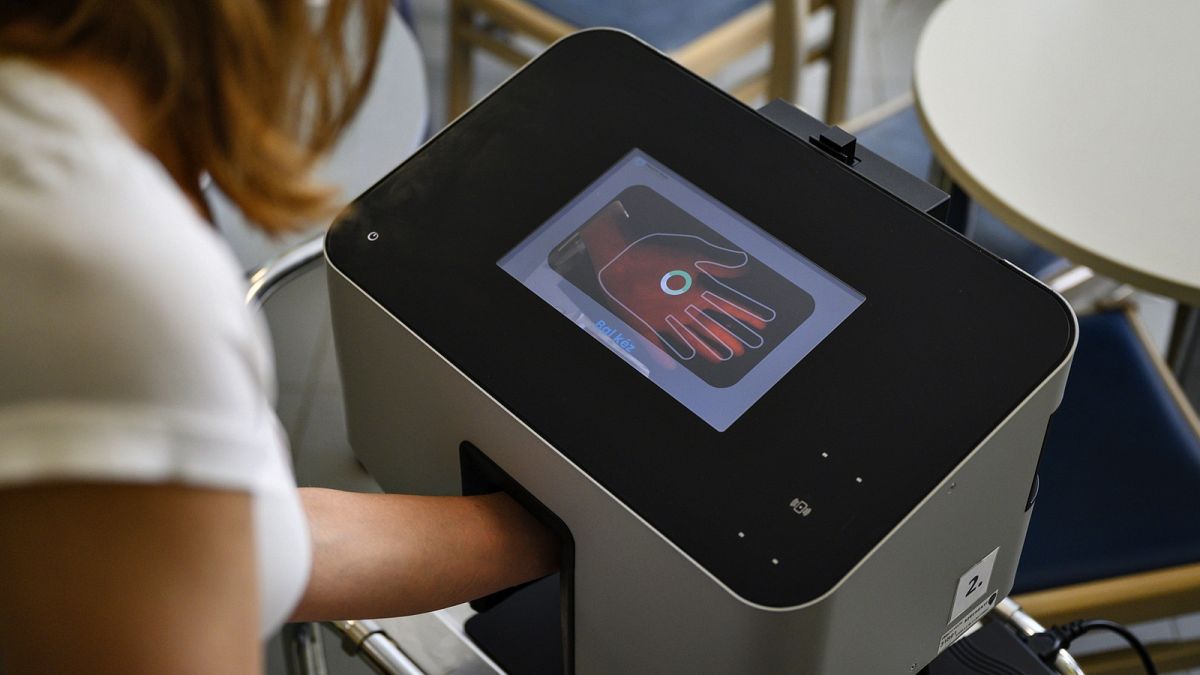Lawmakers in the European Parliament today (13 March) approved the AI Act, rules aimed at regulating AI systems according to a risk-based approach.
Lawmakers in the European Parliament today (13 March) approved the AI Act, rules aimed at regulating AI according to a risk-based approach with an overwhelming majority. The law passed with 523 votes in favour, 46 against and 49 abstentions.
The act, which needed final endorsement after approval on political and technical level, will now most likely enter into force this May.
Parliament AI Act co-lead, Italian lawmaker Brando Benifei (S&D), described it as “a historic day” in a subsequent press conference.
“We have the first regulation in the world which puts a clear path for a safe and human centric development of AI. We have now got a text that reflects the parliament’s priorities,” he said.
“The main point now will be implementation and compliance of businesses and institutions. We are also working on further legislation for the next mandate such as a directive on conditions in the workplace and AI,” Benifei said.
His counterpart Dragoş Tudorache (Romania/Renew), told the same conference that the EU looks at partner countries to ensure a global impact of the rules. “We have to be open to work with others on how to promote these rules, and build a governance with like-minded parties,” he said.
Entry into force
Under the AI Act, machine learning systems will be divided into four main categories according to the potential risk they pose to society. The systems that are considered high risk will be subject to stringent rules that will apply before they enter the EU market.
The general-purpose AI rules will apply one year after entry into force, in May 2025, and the obligations for high-risk systems in three years. They will be under the oversight of national authorities, supported by the AI office inside the European Commission. It will now be up to the member states to set up national oversight agencies. The commission told Euronews that countries have 12 months to nominate these watchdogs.
In a response to today’s vote, Cecilia Bonefeld-Dahl, head of EU trade organisation Digital Europe, said that more needs to be done to keep companies based in Europe.
“Today, only 3% of the world’s AI unicorns come from the EU, with about 14 times more private investment in AI in the US and five times more in China. By 2030, the global AI market is expected to reach $1.5 trillion, and we need to ensure that European companies tap into that without getting tangled up in red tape,” Bonefeld-Dahl said.
Ursula Pachl, Deputy Director General of the European Consumer Organisation (BEUC), welcomed the approval of the law and said it will help consumers to join collective redress claims if they have been harmed by the same AI system.
“Although the legislation should have gone further to protect consumers, the top priority for the European Commission and national governments should now be to show they are serious about the AI Act by implementing it without delay and providing the relevant regulators that will enforce it with the necessary resources,” Pachl said.













